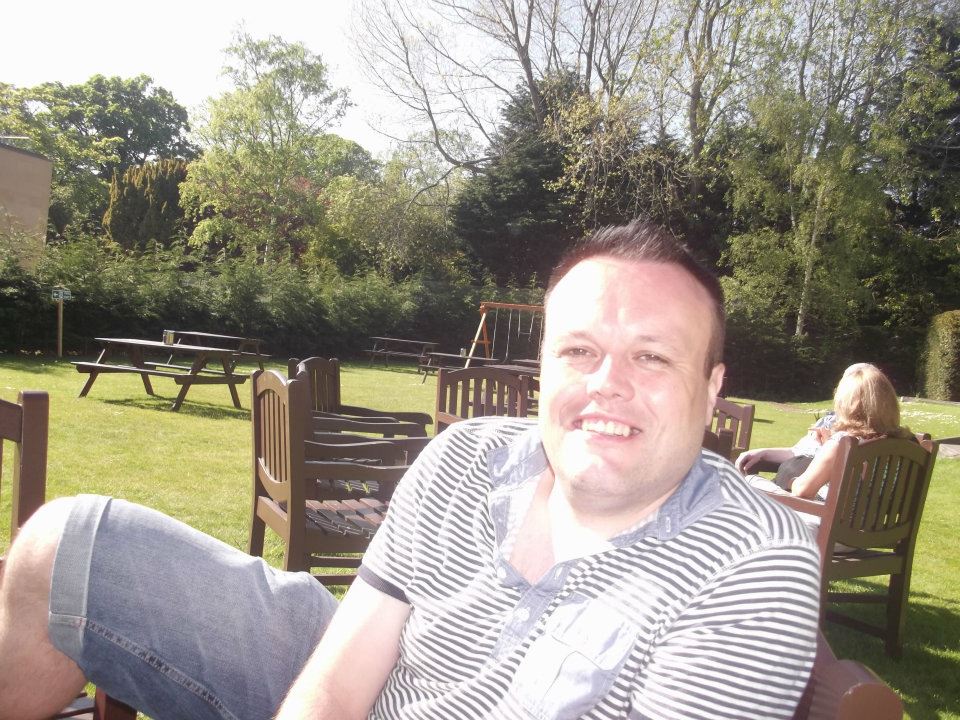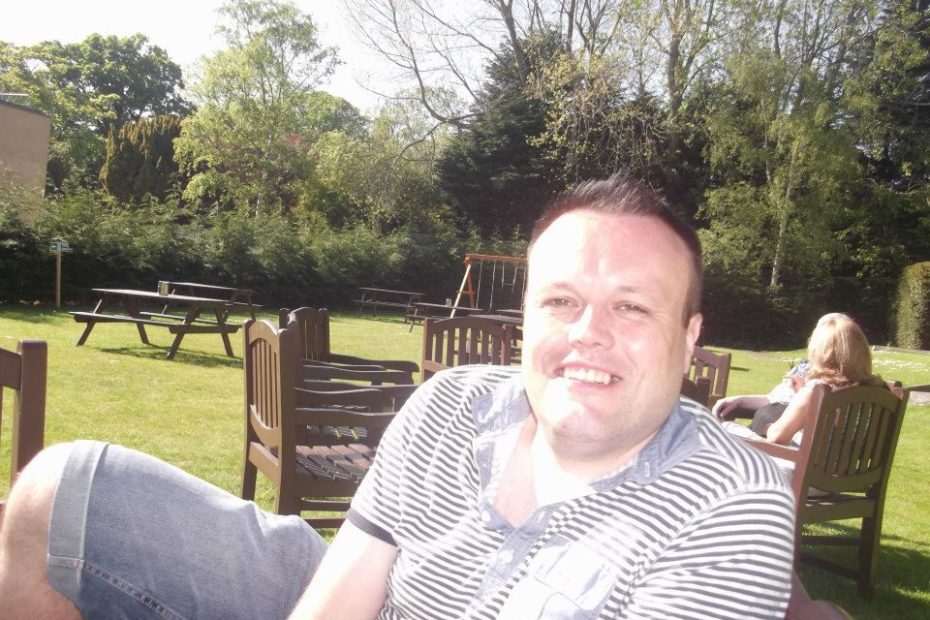
The team at Scotland’s leading burns unit has been praised for helping to nurse a severely injured patient back to life.
Last August, Matt Lloyd, 54, from Johnstone, suffered devastating wounds with 60-70% full-body burns. The wounds were self-inflicted, following a relationship breakdown. Matt woke up in ICU at Glasgow Royal Infirmary, where he would stay for six weeks before being transferred to the hospital’s burns unit.
Matt said: “The first thing I remember is speaking to my two sons in Birmingham on the phone.
“I was guilty about what I had put my family through and explaining to my children and my family and telling them that I didn’t do it because I didn’t love them. I just didn’t love myself at that time. That was the hardest part.”
Matt is speaking out to ‘share my experience and let people know that there is hope – things can and do get better.”
Originally from West Bromwich, Matt moved to Scotland 12 years ago to be with his new partner. Before his injury, Matt was a manager for Cancer Research UK and the British Heart Foundation, setting up depots and managing three charity shops.
A key aim of the clinical team is to stabilise patients and doctors operated as quickly as possible to save his life and prevent further damage to his muscles. After admission to the burns unit, he would undergo another four operations and considerable amounts of rehabilitation.
Within the ward, a large, multi-disciplinary team looked after Matt’s care. More than 250 patients are admitted to the ward each year, from across Scotland. As well as surgeons and nurses, patients are supported by physiotherapists, occupational therapists, healthcare support workers who, with great care, help to dress wounds and mental health teams who address the impacts caused by the trauma.
Given the nature of the injuries, some patients spend weeks and sometimes months on the ward, before continuing care through the on-site burns clinic.
Catriona Murray, a senior physiotherapist on the unit, said: “We look for little wins every day. A burn injury is often a life changing injury, not just for the patient, but for their family too. We come together as a team, to help encourage functional tasks, our goal is to help get people back to functioning as they were before their injury.”
Stephanie Grassick, an occupational therapist, said: “It’s all about patients gaining in confidence and sometimes that takes a little negotiation and encouragement to help people to get their lives back.”
With the help of the team, Matt was able to get back on track and was discharged in October 2021, although his treatment continues. He hopes to be able to work as a charity volunteer and is keen to be able to share his story with other patients who may find their injury daunting.
He said: “You can survive it, I want to share my story and let people know that everything will be okay.”
Matt thanked the entire team who looked after him, from porters and domestics, to the surgeons who saved his life. But he has a special place in his heart for the nursing team
He added: “I thank the people who looked after me every day. They saved me and gave me back to my sons.”
“The nurses knew that I was on my own here in Scotland and they were fantastic, they were so caring and so gentle and they just played a massive part in me getting better. They used to go out and buy me sandwiches and cakes – just amazing.
“I really believe that without their help, I wouldn’t be here.”
If you’re having a difficult time and need support, you can contact your GP or contact the Samaritans, 24 hours a day on 116 123 or through their website www.samaritans.org

